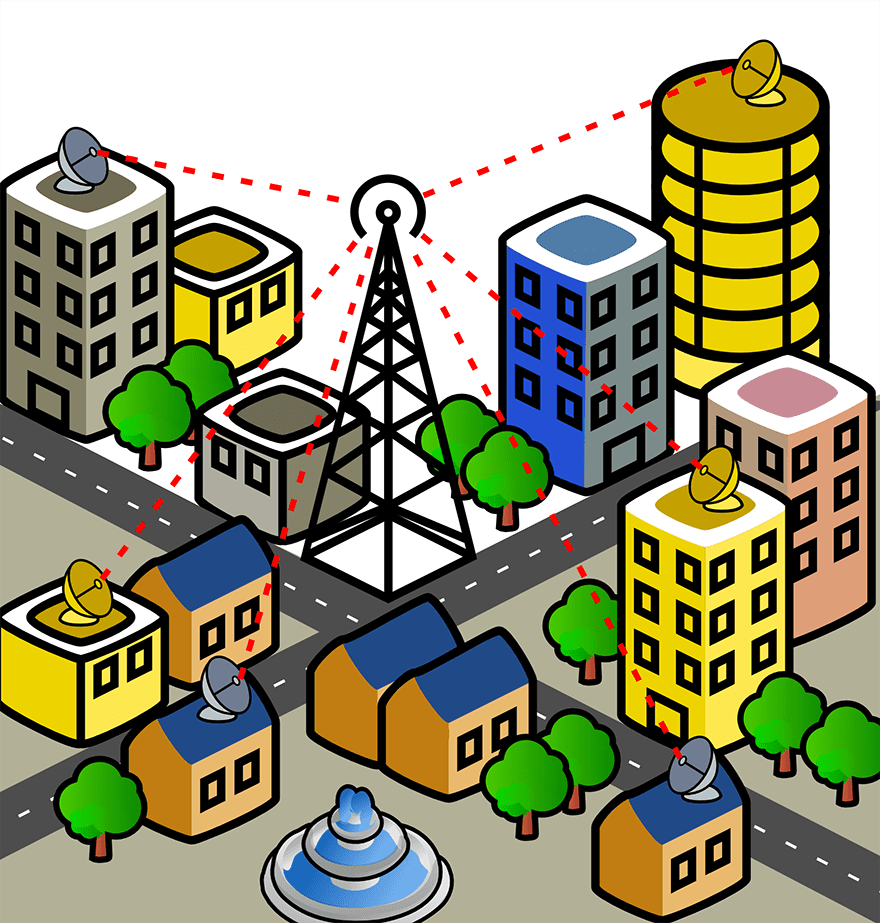In our Explaining the Issues series, we explain legal issues faced by the media – this instalment covers intermediary liability.
What is an internet intermediary?
Defining what an ‘intermediary’ is can be challenging, because the term is broad and constantly evolving. The Council of Europe suggests intermediaries are service providers who enable communication to take place online, such as websites or ISPs. Intermediaries play an important part in how we exercise our freedom of expression and right to access information. For example, many of us rely on using search engines to find news articles, or on social media to express ourselves.
What is Internet intermediary liability?
Intermediaries can be liable for unlawful or harmful content that has been created and published by their users. For example:
- Copyright infringements
- Digital piracy
- Trademark disputes
- Network management
- Spamming and phishing
- “Cybercrime”
- Defamation
- Hate speech
- Child pornography
- “Illegal content”
- Offensive (but legal) content
- Censorship
- Broadcasting and telecommunications laws and regulations
- Privacy protection.
What does this mean for freedom of expression and digital rights?
Internet intermediaries play an important role in how we exercise our human rights. This is because they facilitate the space in which people are able to share information and express opinions. In his 2016 report, the UN Special Rapporteur on the promotion and protection of the right to freedom of opinion and expression stated that:
“[T]he contemporary exercise of freedom of opinion and expression owes much of its strength to private industry, which wields enormous power over digital space, acting as a gateway for information and an intermediary for expression.”
Our ability to freely express ourselves online depends on intermediaries being passive. Therefore, any action that makes an intermediary restrain or censor content on their platform can negatively impact the right to freedom of expression online. As a result, intermediary liability must be understood in relation to the prevention of harm, the protection of free speech and access to information, as well as in encouraging innovation and creativity.
Has Media Defence worked on any intermediary liability cases?
Media Defence co-ordinated a coalition of eight interveners in the case of Tamiz v UK. The case involved a British politician, Mr. Tamiz, who claimed his right to reputation had been violated because he was refused permission to sue Google Inc. for allegedly defamatory remarks on the Blogger.com platform.
The European Court of Human Rights balanced the right to reputation against the right to freedom of expression and found no violation. As a result, the intervention was successful. The Court highlighted “the important role that [internet service providers] such as Google Inc. perform in facilitating access to information and debate on a wide range of political, social and cultural topics.”
To read more about intermediary liability, see our Summary Modules on Digital Rights and Freedom of Expression Online, in particular Module 3: Access to the Internet. For further reading, our Advanced Modules also cover intermediary liability in Module 5: Trends in Censorship by Private Actors.
Recent News
Landmark Ruling: Kenya’s High Court Declares Colonial-era Subversion Laws Unconstitutional
Media Defence welcomes the verdict of the High Court in Nakuru, striking down sections of the Kenyan Penal Code which criminalise subversion, citing them as relics of colonial oppression that curtail freedom of expression. Justice Samwel Mohochi, delivering the judgment, asserted that these provisions were overly broad and vague, stifling dissent rather than serving any […]
UN Rapporteurs Call for Protection of Brazilian Journalist Schirlei Alves
UN Rapporteurs Call for Protection of Brazilian Journalist Schirlei Alves Amid Defamation Charges Stemming from Rape Trial Coverage A letter dispatched by UN rapporteurs to the Brazilian Government calls for protective measures for women journalists covering cases of sexual crimes. The letter also denounces the conviction of Brazilian investigative journalist and women’s rights defender, Schirlei […]
Convite à apresentação de candidaturas: Cirurgia de litígio em português na África Subsariana
Cirurgia de litígio em português na África Subsariana Aplique aqui 23 a 25 de julho de 2024 em Nairobi, Quénia Prazo: 3 de maio A Media Defence está a convidar advogados sediados na África Subsariana que falem português a candidatarem-se a participar numa próxima cirurgia de litígio sobre o direito à liberdade de expressão e […]



